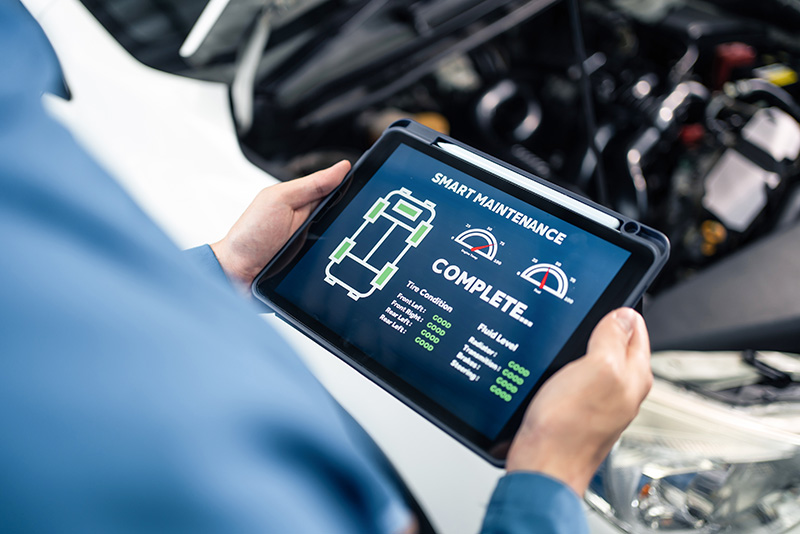Ford Motor Company is reaching out to owners of certain 2023 F-150 and Ford Super Duty vehicles, including the F250, F350, F450, F550, and F600 models. There is a concern with the driver’s frontal air bag not deploying during a crash.
The issue came to light in November 2023, when Ford’s main supplier, BCS Automotive Interface Solutions, alerted them about a potential problem. This was linked to airbag clock springs provided by American Furukawa, a sub-supplier to BCS. BCS discovered that some clock spring assemblies in the Steering Column Control Modules (SCCM) they supplied to Ford might have been tainted during production.
The problem lies in the SCCM of the affected vehicles, where the clock spring assembly might have a weak weld between the bus bar and the ribbon cable. This issue traces back to the manufacturing stage, where clock spring bus bars were washed in isopropyl alcohol mixed with glycerin. This mix could weaken the weld between the bus bar and ribbon cable in the clock spring assembly.
This ribbon cable is crucial as it connects to the driver’s airbag. A weak weld can cause the ribbon cable circuits to disconnect, leading to a loss of electrical connection to the driver’s front airbag. This malfunction would trigger the airbag warning light and prevent the airbag from deploying as needed. Ford, alongside BCS, has been investigating this issue. They’re reviewing production and shipping records to identify which Ford vehicles might be equipped with the affected clock springs.
As of December 6, 2023, Ford received 19 warranty reports dating from May 1 to November 10, 2023, which could be linked to this clock spring issue.
Drivers might notice problems like non-functional steering wheel switches (like radio controls), a silent horn, and an illuminated airbag warning lamp.
Affected owners will be contacted to bring their vehicles to Ford dealers for an inspection and, if necessary, a replacement of the air bag clock spring. Initial notifications to owners explaining the safety risk are planned for January 8, 2024. A follow-up notice will be sent once the replacement parts are ready, expected in the second quarter of 2024. This recall is officially listed under the NHTSA campaign number 23V-847.

 Chevrolet Bolt Potential Electrical Shock From Charging Chord
Chevrolet Bolt Potential Electrical Shock From Charging Chord